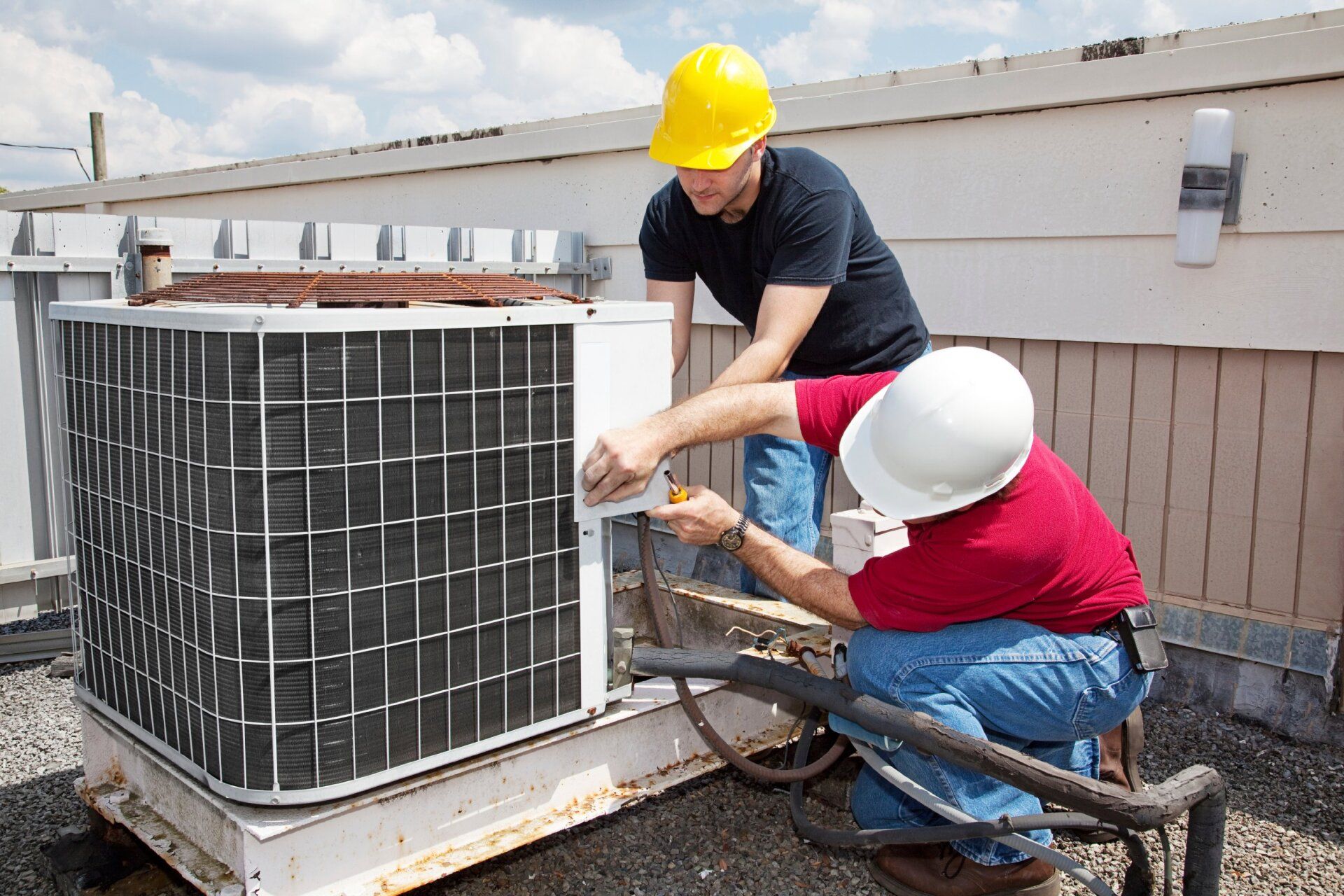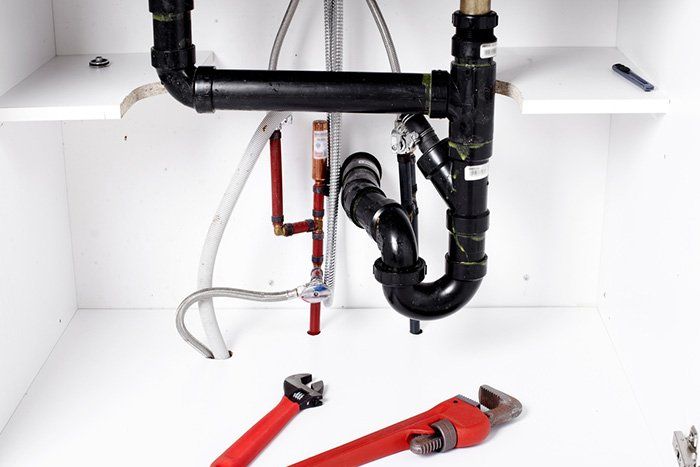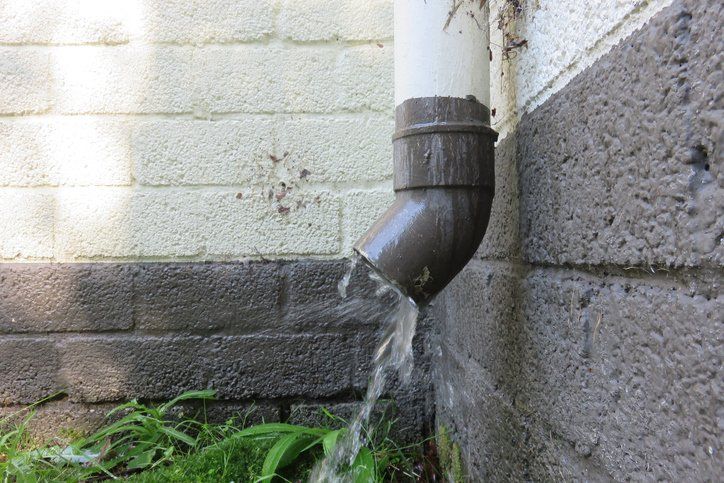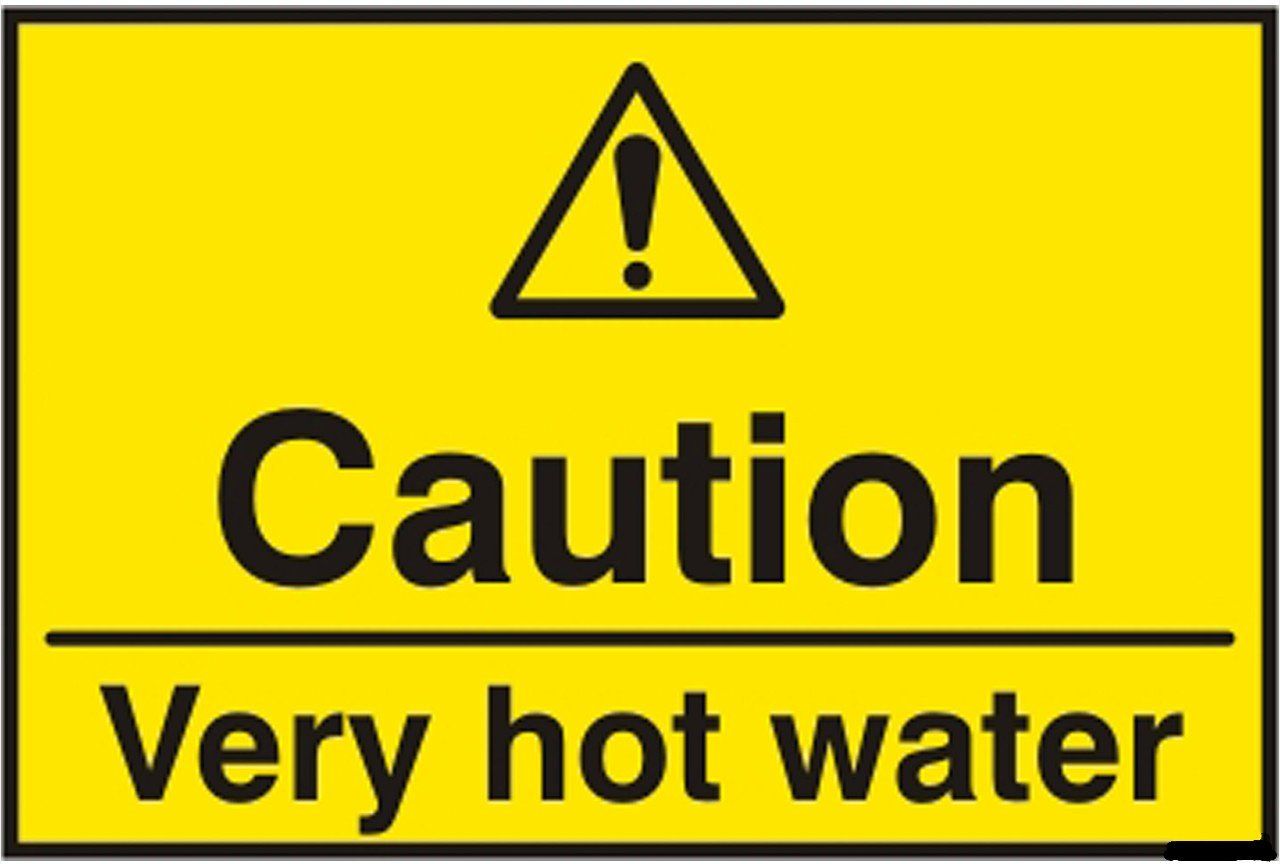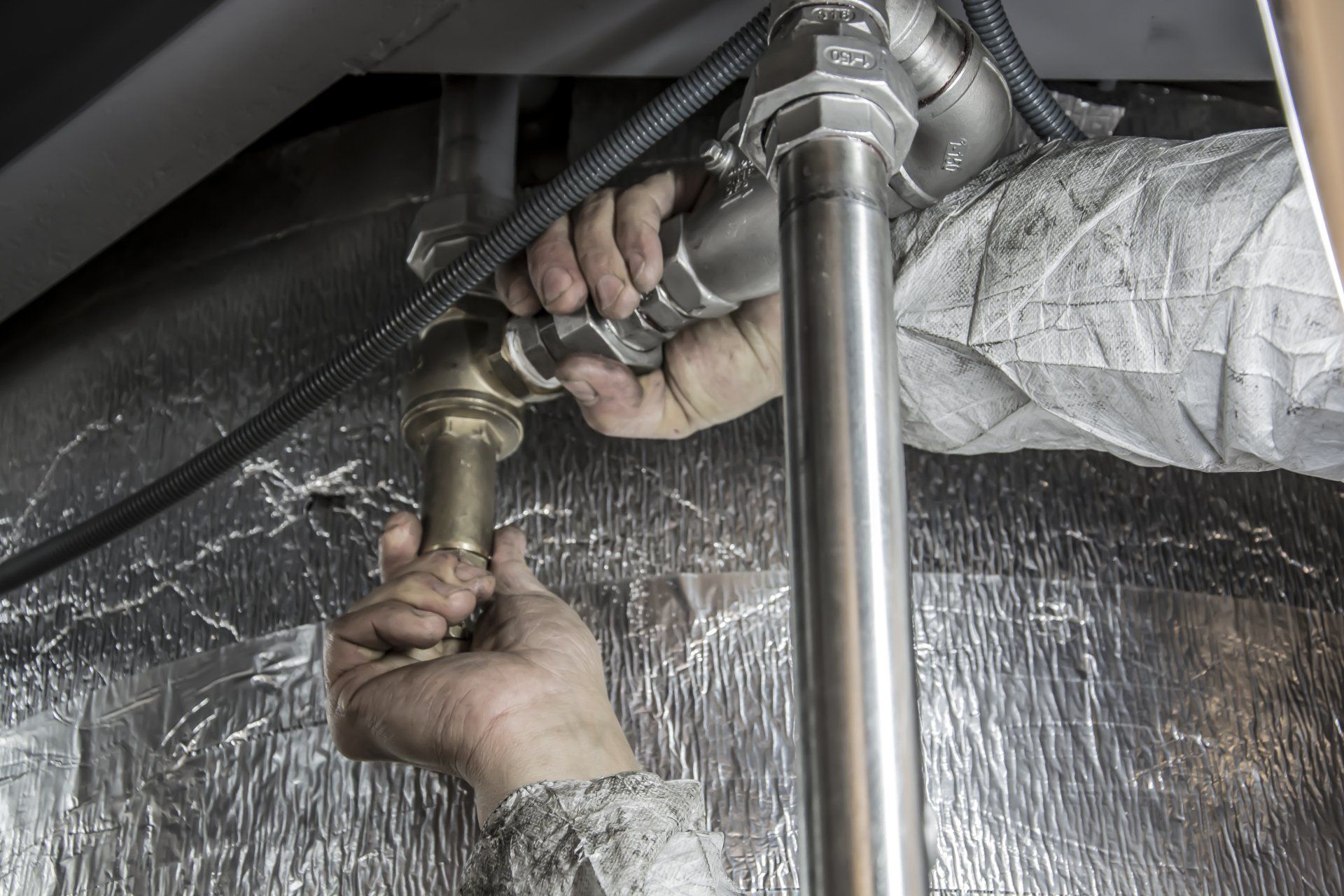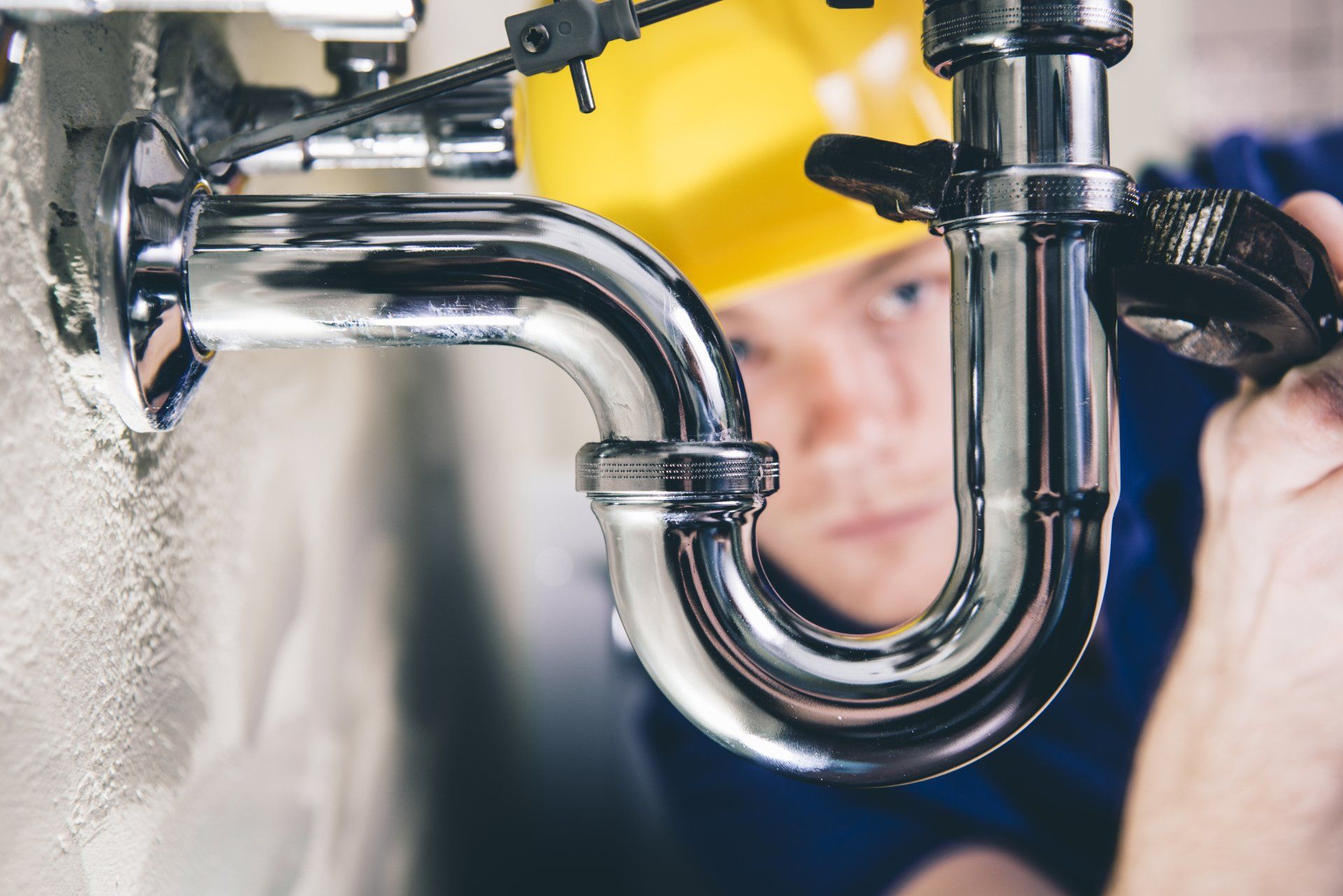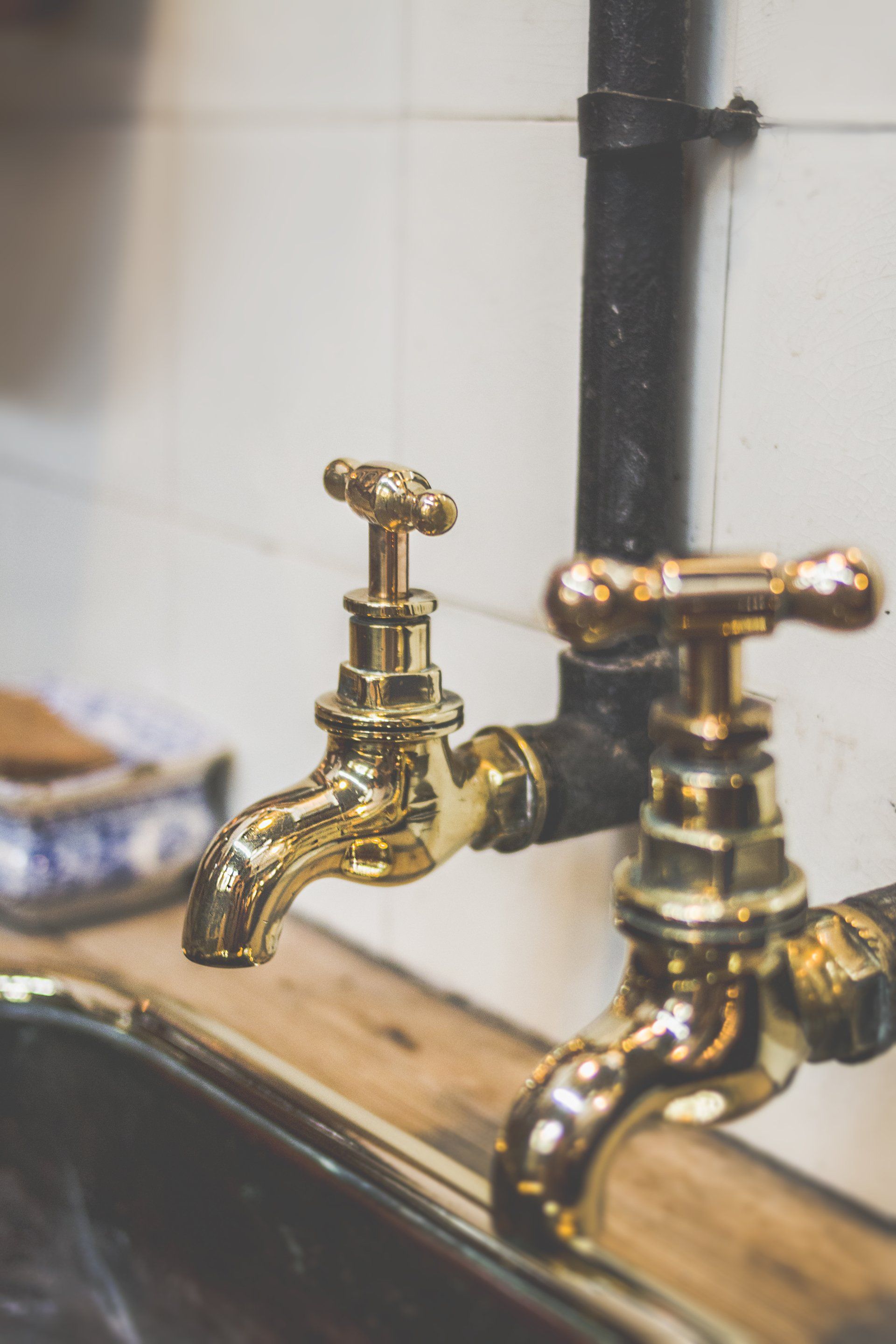Can Your Heating and Cooling System Help You Fight Allergies?
Yes, And Here’s Why…
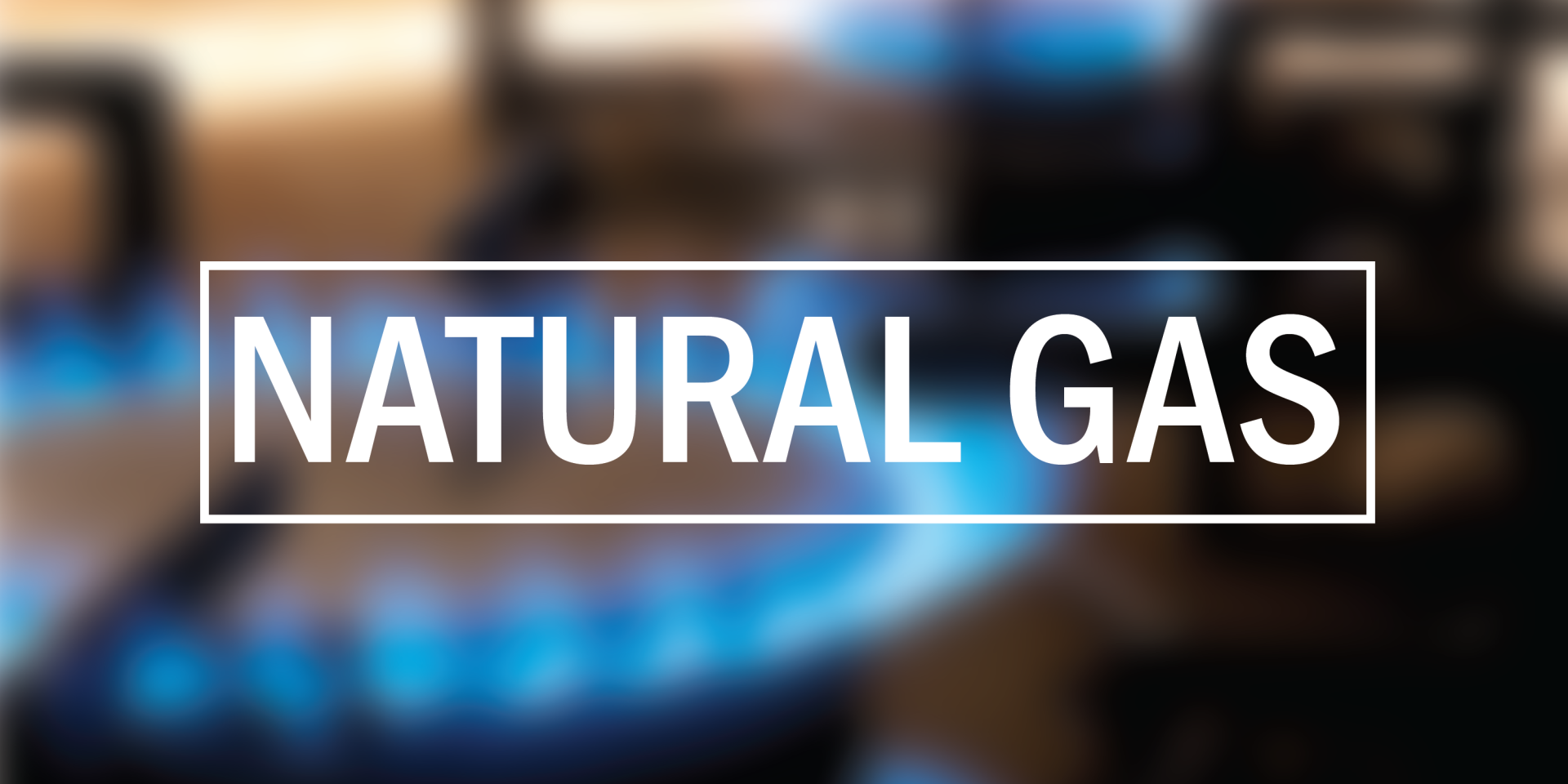
Although there are some areas in Southern Ontario where natural gas has not available for heating or cooking, that is drastically changing in many rural communities. This is good news for homeowners as a natural gas furnace is the most economical choice available right now.
Thanks to advances in technology, large supplies of domestic natural gas are increasing and projected to remain abundant for 100+ years.
Compared to oil, which is an imported commodity and shrinking in supply, North American natural gas supplies are keeping costs low.
While home heating oil is subject to daily price volatility, natural gas rates are set annually, and customers are now paying the lowest rates since 2004. Unlike oil delivery costs that are due when delivered, you pay for natural gas only when you use it.
Natural gas offers families comfort, convenience, and versatility.
• Comfort. A natural gas furnace provides a high temperature heat, like an oil furnace. But unlike an oil furnace which degrades in efficiency as soot builds up on heat transfer areas, a natural gas furnace maintains its efficiency, is easier to maintain and repair, and can last 20 years.
• Convenience. Because it’s piped directly to your home, natural gas is always there when you need it. No more wasting time to schedule oil deliveries, no more worries about flow problems, priming, sludge, or soot on your home’s walls, windows and draperies.
• Versatility. When you have a natural gas furnace in your home, you can add highly desirable appliances like a gas range, gas fireplace, gas tankless or tank water heater, gas dryer, or gas outdoor grill. A recent survey concluded that 75 percent of recent home buyers prefer cooking with natural gas. A gas range and other gas appliances are an investment that can pay additional dividends when it’s time to sell your home.
• Cleaner & Greener. Natural gas is cleaner, greener, and has a lower risk. Homes with natural gas heat produce an estimated 42 percent less greenhouse gases than oil-heated homes, up to 42 percent less carbon dioxide and up to 99.9 percent less sulfur dioxide.
• Lower Risk. How old is your underground oil tank? Many older homes with oil furnaces are fueled by an oil tank installed underground when the home was originally built. Over time these can degrade and potentially leak oil into the soil on your or your neighbor’s property. Heating with a natural gas furnace eliminates your risk of a leaking oil tank, a very expensive environmental headache and cleanup.
There’s never been a better time to make the switch. If your home does not already have natural gas, you will need to connect to the gas main. Typically, this involves burying a pipe from your house to the street. You may also need to run new piping inside your house. We do not recommend running natural gas through copper piping. If you currently have copper piping to run propane, you may need to swap out your copper piping
Converting your existing oil-burning furnace or boiler to natural gas is not cheap, but if you need to replace an older oil furnace anyway, natural gas can make sense. Check to see if your water heater currently burns fuel oil. If so, you will need to switch your water heater to natural gas. While this will increase your up-front costs, natural gas water heaters are much cheaper to buy than oil-fired water heaters.
Are you thinking about converting your furnace to natural gas? Do you need gas installed at your residence? Give the pros at A Rescue Rooter a call. Serving Hamilton’s natural gas, we are the experts you can trust for experienced work at fair prices.

